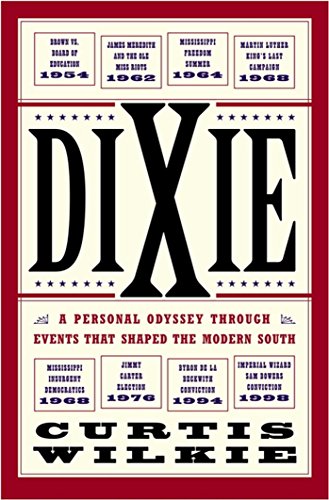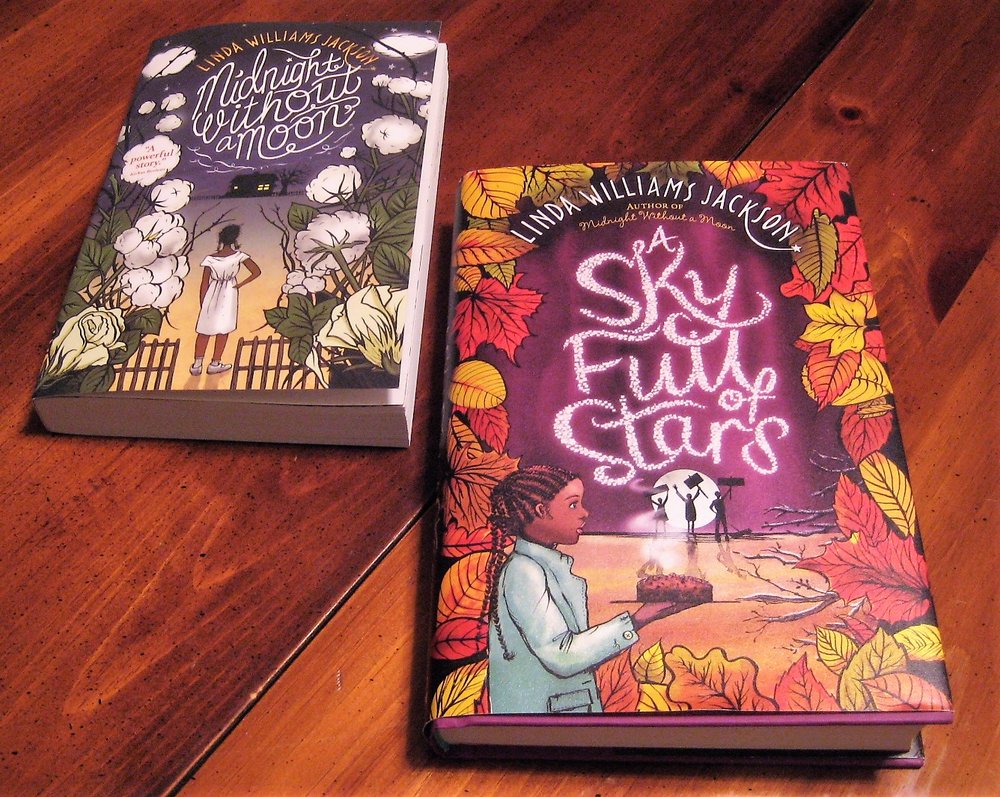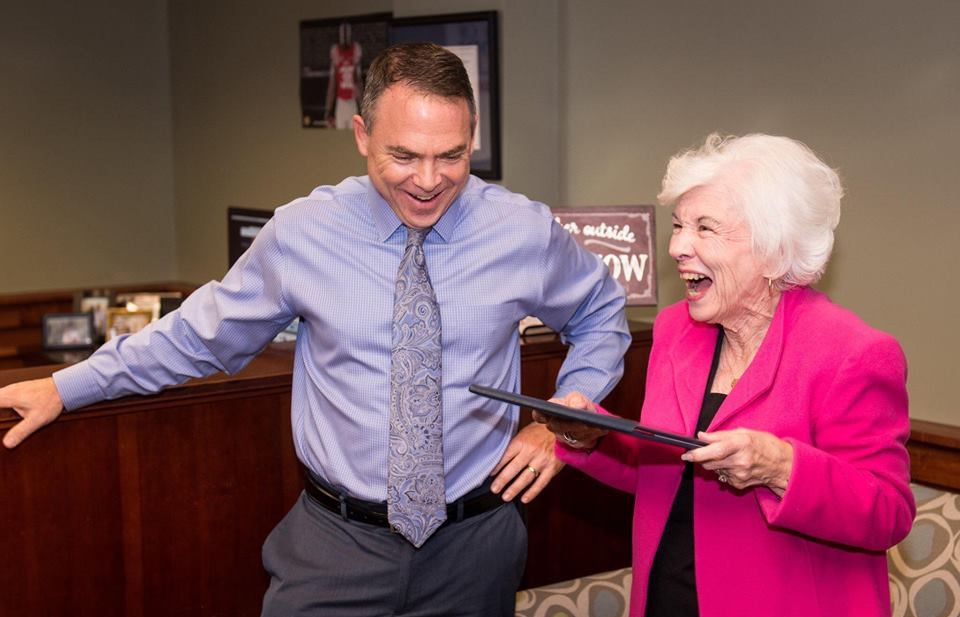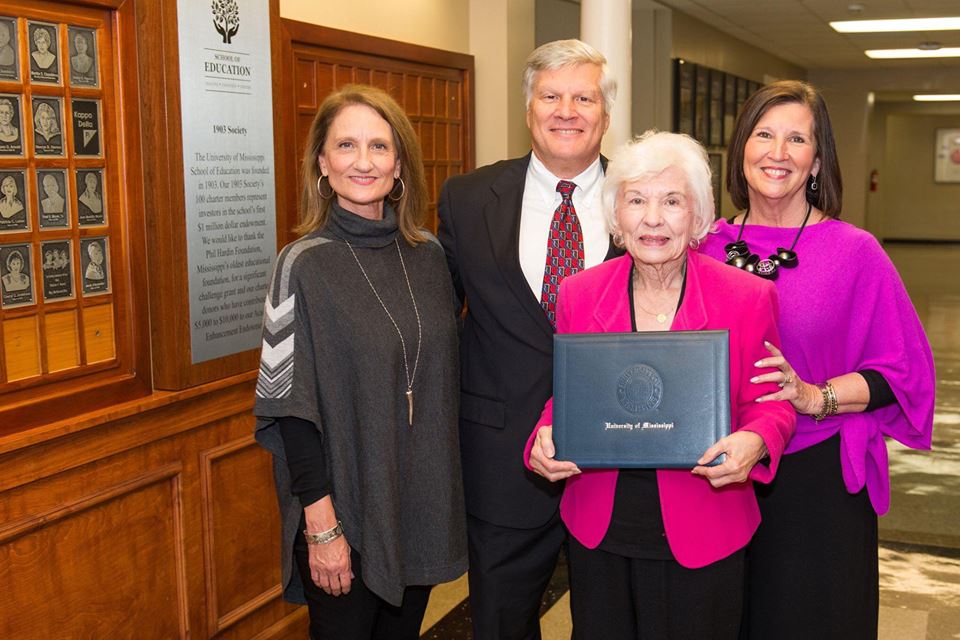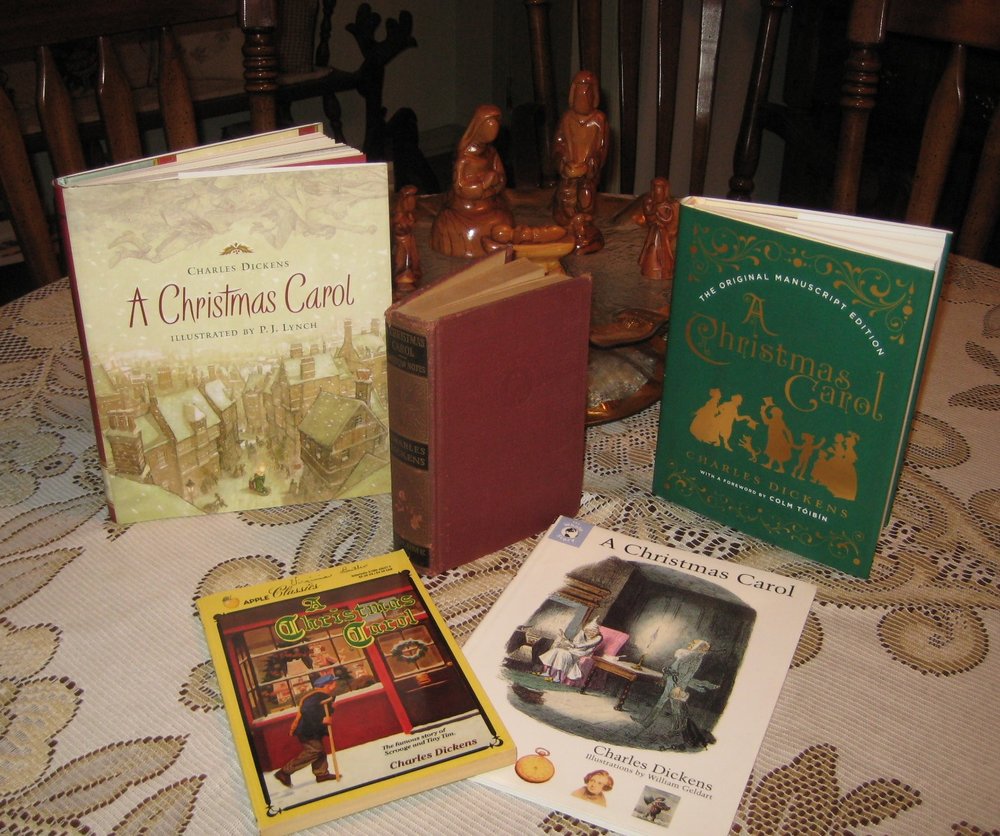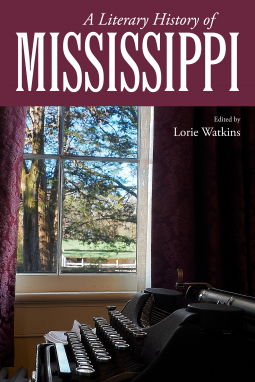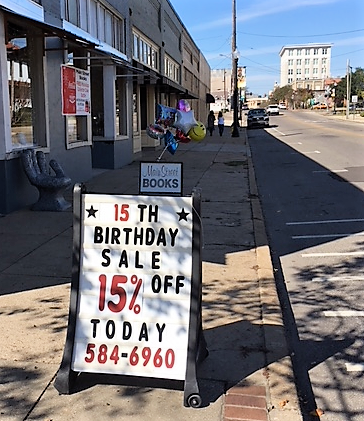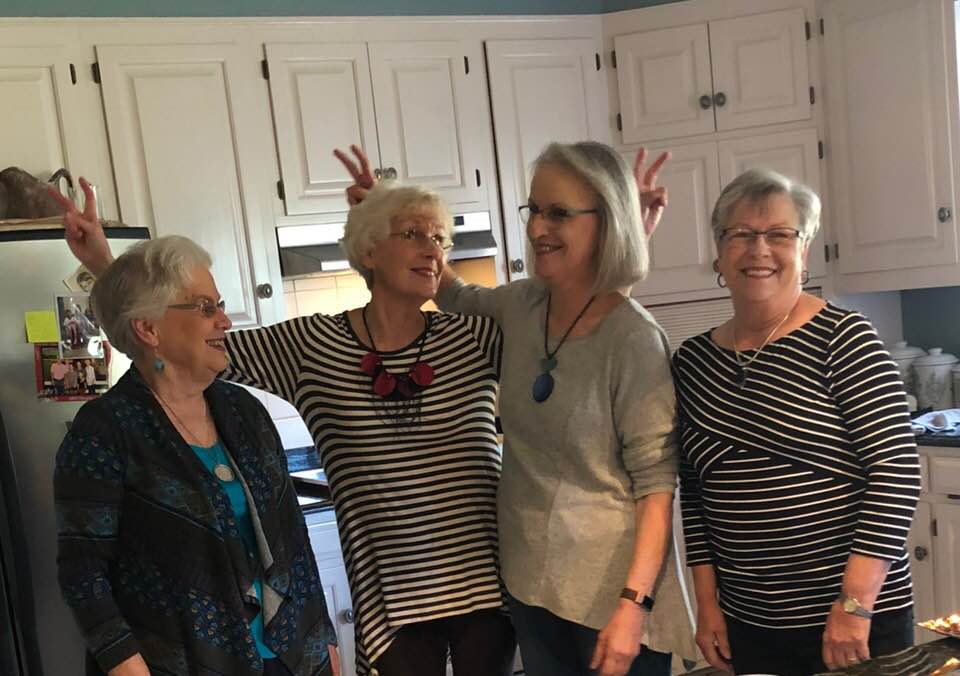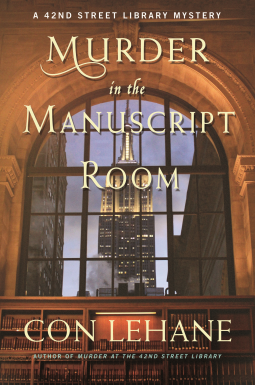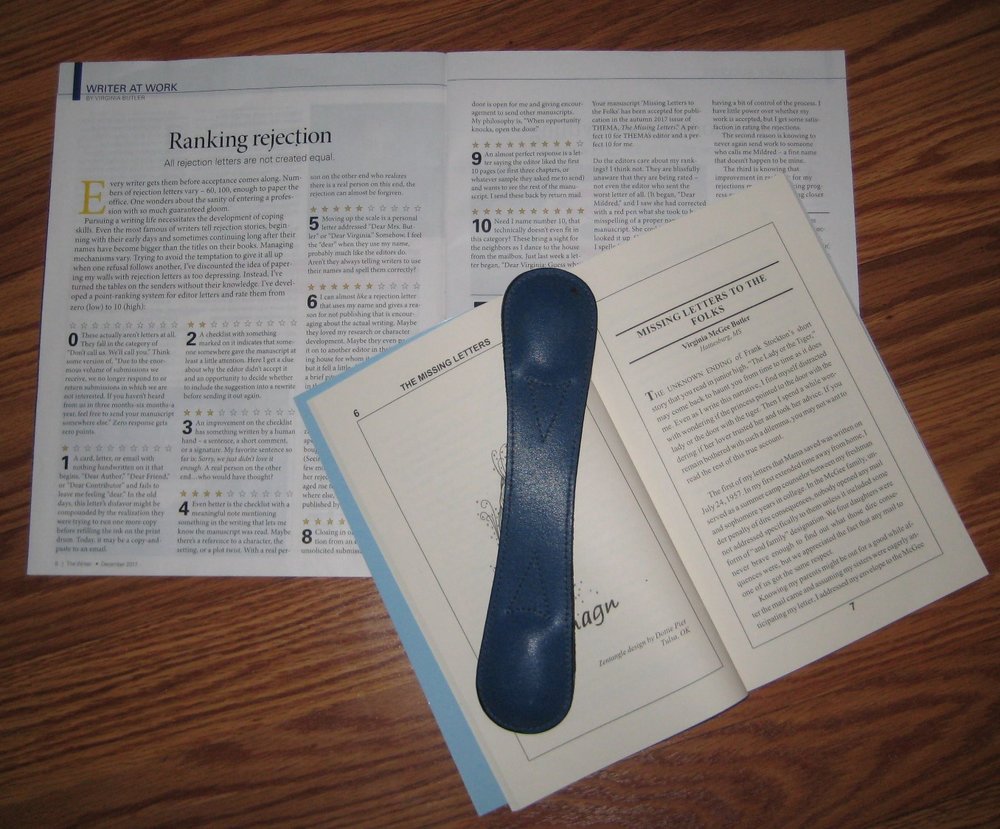 Some of the mysteries are in the crime novel itself, The Tilted World, by Tom Franklin and Beth Ann Fennelly. Set in the great Mississippi Delta flood of 1927, there are the questions of what happened to two revenuers and what to do with the abandoned baby at the crime scene. Federal agents Ted Ingersoll and Ham Johnson place the baby with Dixie Clay Holliver, unaware that she is the savviest bootlegger in the area. Other questions are whether Dixie Clay will be caught with the Tolliver still and what her husband Jesse is doing now that his interest in the whiskey has waned in favor of something going on in New Orleans.
Some of the mysteries are in the crime novel itself, The Tilted World, by Tom Franklin and Beth Ann Fennelly. Set in the great Mississippi Delta flood of 1927, there are the questions of what happened to two revenuers and what to do with the abandoned baby at the crime scene. Federal agents Ted Ingersoll and Ham Johnson place the baby with Dixie Clay Holliver, unaware that she is the savviest bootlegger in the area. Other questions are whether Dixie Clay will be caught with the Tolliver still and what her husband Jesse is doing now that his interest in the whiskey has waned in favor of something going on in New Orleans.
The novel switches smoothly between backstory and the time of constant rain, between the federal agents and the Hollivers, and the rains keep coming. Any student of Mississippi Delta history knows the disaster’s imminent while the novel holds the impending flood at bay until the climax. These mysteries keep the reader tense with wonder at who will survive, but there was an extra mystery to me.
The novel is written by a husband and wife team. I had read and enjoyed both before – Tom in a good crime novel and Beth Ann in more literary pieces and writer advice. Both are part of the University of Mississippi’s MFA program. I enjoyed the book and thought I saw Tom’s crime novel construction pattern and then Beth Ann’s way with words in passages like: “He passed the hardware store where a sign warned, WE HAVE NO MORE UMBRELLAS, RAIN PONCHOS, OR GALOSHES. And underneath that, in a different hand: OR CARBIDE LAMPS, OR LANTERN FUEL. And underneath that, in yet a different hand, OR HOPE.”
I can’t get my head around how to write with somebody else, especially a spouse. I could see major marriage problems arising. I spoke to Al about it, and he assured me it would never happen here. He makes a good first reader and is quite content with that role.





